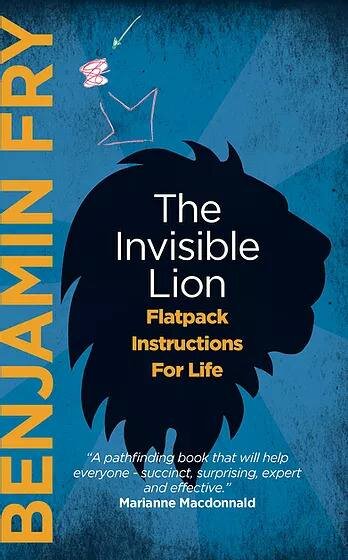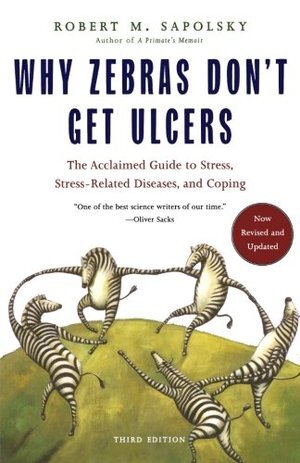“Emotional competence requires the capacity to feel our emotions, so that we are aware when we are experiencing stress; the ability to express our emotions effectively and thereby to assert our needs and to maintain the integrity of our emotional boundaries; the facility to distinguish between psychological reactions that are pertinent to the present situation and those that represent residue from the past.
What we want and demand from the world needs to conform to our present needs, not to unconscious, unsatisfied needs from childhood. If distinctions between past and present blur, we will perceive loss or the threat of loss where none exists; and the awareness of those genuine needs that do require satisfaction, rather than their repression for the sake of gaining the acceptance or approval of others. Stress occurs in the absence of these criteria, and it leads to the disruption of homeostasis. Chronic disruption results in ill health.
In each of the individual histories of illness in this book, one or more aspect of emotional competence was significantly compromised, usually in ways entirely unknown to the person involved. Emotional competence is what we need to develop if we are to protect ourselves from the hidden stresses that create a risk to health, and it is what we need to regain if we are to heal. We need to foster emotional competence in our children, as the best preventive medicine.”
After reading ‘The Body Keeps the Score’ I saw an interview with Gabor Maté. He focussed on stress and chronic illness and in ‘When the body says No’ I recognised a lot of my own experiences.
“In this accessible and ground-breaking book--filled with the moving stories of real people--medical doctor and bestselling author Gabor Maté shows that emotion and psychological stress play a powerful role in the onset of chronic illness, including breast cancer, prostate cancer, multiple sclerosis and many others, even Alzheimer's disease.
When the Body Says No is an impressive contribution to research on the physiological connection between life's stresses and emotions and the body systems governing nerves, immune apparatus and hormones. With great compassion and erudition, Gabor Maté demystifies medical science and, as he did in Scattered Minds, invites us all to be our own health advocates.”
“When I am sharply judgmental of any other person, it’s because I sense or see reflected in them some aspect of myself that I don’t want to acknowledge.”






